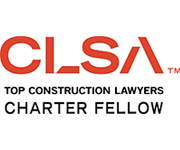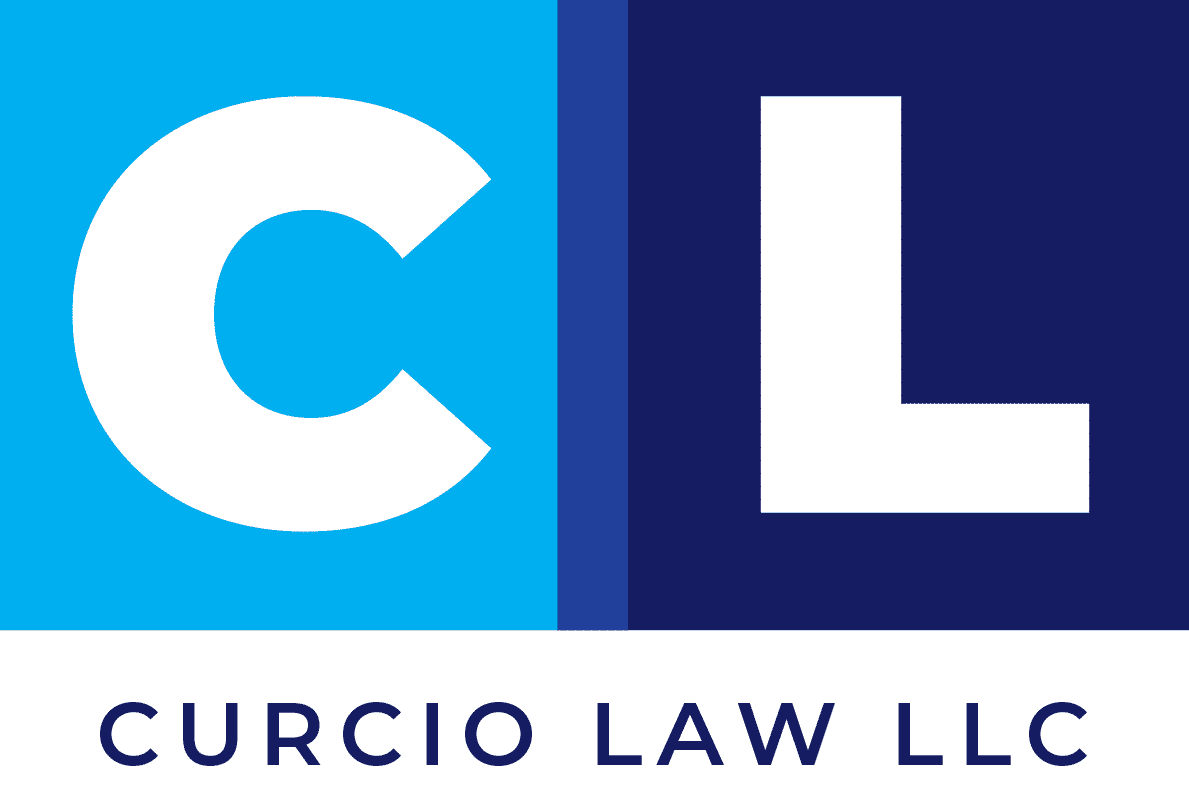Workplace Accommodations
New Jersey Workplace Accommodations For Employees
Workplace accommodations issues tend to be very complicated. As such, it important for employees to fully understand their rights and consult with a trusted disability lawyer when making workplace accommodations requests.
Understanding the Americans with Disabilities Act (ADA) and Protections Under the New Jersey Law Against Discrimination
Both the Americans with Disabilities Act (“ADA”) and the New Jersey Law Against Discrimination (“LAD”) prohibit discrimination against individuals with disabilities.
Under the ADA, individuals with disabilities (1) have a physical or mental impairment that substantially limits one or more major life activities or (2) have a history or record of such an impairment or (3) are perceived by others as having such an impairment.
“Disability” is broader under New Jersey law. It includes physical disability, infirmity, malformation, or disfigurement; physical illness or disease; non-physical impairments such as mental, psychological, or a developmental disabilities that either:
- Prevent the normal exercise of any bodily or mental functions or
- Can be shown to exist through clinical or diagnostic tests.
Disability also includes paralysis, amputation, epilepsy, visual/hearing impairments, speech impediments, AIDS, HIV infection, and blood traits.
Both federal and New Jersey law also protect employees from employers who fail to grant reasonable workplace accommodation requests.
What are Reasonable Accommodations?
In general, under federal and New Jersey law, employer are required to engage in the interactive process with employees with disabilities to determine whether there is reasonable accommodation to assist the employee with the employee’s job functions. However, employers are not required to accommodate the employee if the requested accommodation imposes an undue hardship on the employer.
Common Types of Reasonable Accommodations
Common types of reasonable accommodations include, but are not limited to, leaves of absence, modification to work schedules, periodic rest, lifting restrictions, reassignment of certain job responsibilities, or purchase of equipment for the workplace.
Disclosing Your Disability Status
In general, it is the employee’s responsibility to request accommodations for a disability. The request may be verbal and need not be in writing. The request should be made to a supervisor, management, or human resources. If an employee fails to disclose the disability, the employer may defend a disability discrimination claim or failure to accommodate disability claim on the grounds that the employer was not aware of the disability.
Discrimination Based on Disability
Both the ADA and the LAD prohibit discrimination against individuals with disabilities in all employment practices, including job application procedures, hiring, firing, advancement, compensation, training, and other terms, conditions, and privileges of employment. As set forth above, if an individual makes a request for a workplace accommodation due to disability, an employer is required to engage in dialogue known as the interactive process to explore potential reasonable accommodation options.
Discrimination based on disability and failure to provide reasonable accommodations may give rise to liability against employers for failure to comply with the ADA and/or the LAD.
Finding Solutions with Your Disability Lawyer
It is traumatic for an employee to be subject to unlawful discrimination in the workplace based on disability or if the employer fails to accommodate their disability. Unlawful disability discrimination often negatively impacts an individual’s physical and emotional well-being. As such, it is important to retain a trusted disability attorney.
Work with a Disability Lawyer in New Jersey
Our firm’s disability lawyers value the the attorney-client relationship, empathize with our clients, and utilize our substantial employment law experience to strongly advocate for our clients and provide strategic legal advice to help our clients navigate through complex legal issues.
If you are in need of a disability lawyer to assist you with an employment law matter, please contact Curcio Law


















Contact Curcio Law
Disclaimer: The use of the internet or this form for communication with the firm or any individual member of the firm does not establish an attorney-client relationship. Confidential or time-sensitive information should not be sent through this form.
